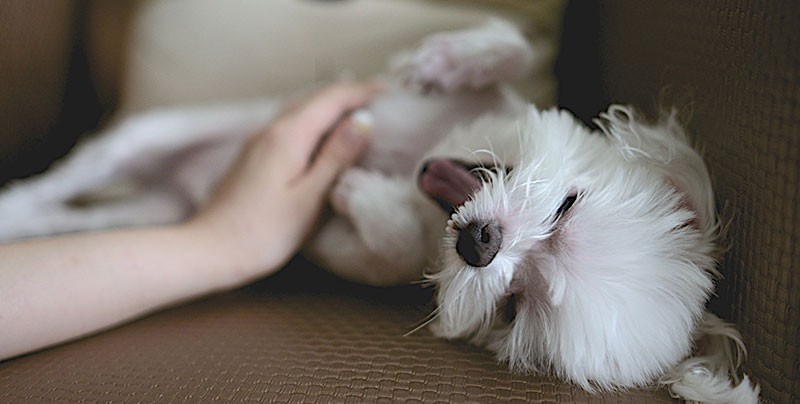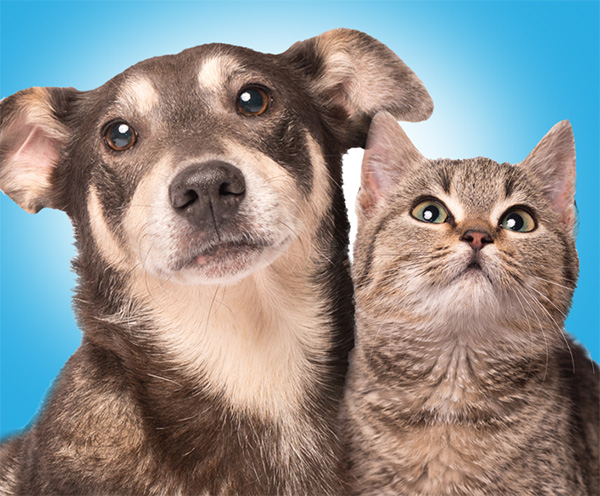FAQs

Q. At what age should my dog or cat be spayed or neutered?
Answer: Because early spaying or neutering is optimal, dogs and cats usually have the surgery at about 6 months of age; with advanced techniques and safer anesthetic drugs, a growing number of animals are being spayed or neutered at 2 – 4 months of age. Even dogs and cats who are years older, however, benefit from being spayed or neutered.
Q. Is spay or neuter surgery expensive?
Answer: Spay or neuter surgery generally costs less than most major surgeries, especially if the dog or cat is young and healthy. Also, many communities have subsidized spay and neuter clinics or programs in which local veterinarians perform spaying and neutering surgery at reduced cost or for free.
Q. Does spaying or neutering make dogs and cats less affectionate?
Answer: Freed from the urge to mate, dogs and cats tend to be calmer and more content after spaying or neutering. Spayed or neutered dogs and cats are more, not less, likely to show affection toward their human companions.
Q. Shouldn’t a female dog or cat have one litter, or at least one heat cycle, before being spayed?
Answer: To the contrary, a dog or cat has the best chance of good health if spayed before her first heat. Early spaying reduces the risk of mammary tumors and prevents other health problems, such as life-threatening uterine infections, before aging brings greater susceptibility.
Q. Is spay or neuter surgery painful?
Can it harm my dog or cat?
Answer:During a spay or neuter surgery, dogs and cats are fully anesthetized, so they feel no pain. Afterwards, most animals seem to experience some discomfort, but signs of discomfort disappear within a few days, and with pain management medication, pain may not be experienced at all. Serious harm as a result of spay or neuter surgery is extremely rare.
Q. Don’t spayed or neutered dogs and cats become overweight?
Answer: In some dogs and cats, metabolism does decrease following spaying or neutering. Nevertheless, if fed only the appropriate amount of food and if adequately exercised, spayed or neutered dogs and cats are unlikely to become overweight.
Q. Can a pregnant dog or cat be safely spayed?
Answer: Many dogs and cats are spayed while pregnant to prevent the birth of puppies or kittens. A veterinarian, however, must consider the pregnant dog or cat, as well as the stage of her pregnancy, before deciding whether she can be safely spayed.


